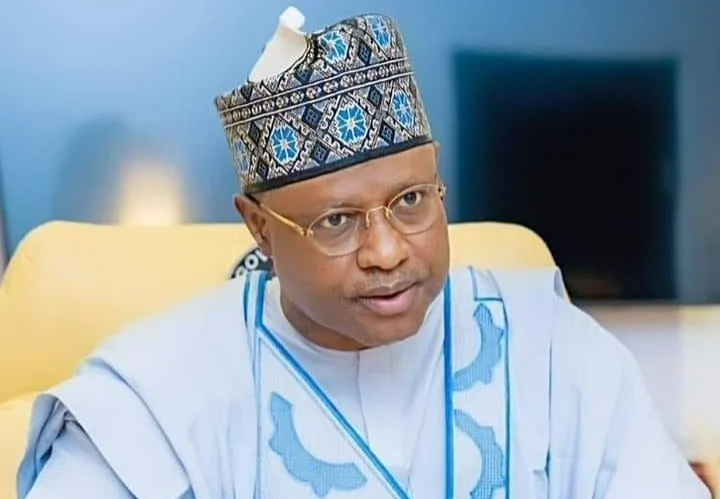The Kaduna state government has taken a significant step towards sustainable development by signing the Kaduna Mutual Accountability Framework (KaMAF) with the Bill & Melinda Gates Foundation at the sidelines of the United Nations General Assembly in New York.
The framework, which will run from 2025 to 2026, is targeted towards health, agriculture, and employment.
Uba Sani, the state governor, has hailed the partnership as a strategic move towards fostering accountability.
KaMAF draws on existing development platforms within the state, featuring mechanisms like recurrent strategic discussions and an integrated steering committee to track progress.
Similar interventions are widespread across Nigeria. Notable among them are maternal and child health reforms by the Lagos State Government.
Through investments in community healthcare centres, accessibility by midwives or nurses, and the use of modern technologies for record-keeping, Lagos was able to decrease maternal mortality rates in high-risk areas.
Kaduna’s vision of strengthening primary healthcare mirrors such an approach but adds an element of accountability through KaMAF’s transparency.
If effectively managed, this model could bring Kaduna’s success in lowering preventable deaths while ensuring healthcare centres stay responsive to community needs.
In agriculture, Kaduna’s vision of sustainable production and enhanced market access is consistent with initiatives that have revolutionised farming in other Nigerian states.
In Kano State, the Sasakawa Global 2000 provided farmers with high-yielding seeds, sustainable fertilisers and higher irrigation efficiency, which ultimately led to crop yield increases.
The far-reaching impact of Kaduna’s model
From such experiences, Kaduna can apply technology and farmer education, which will improve food security and economic empowerment of small-scale farmers and households, particularly those in rural areas.
The emphasis on data management and realistic budgeting within KaMAF reflects lessons learnt from other African contexts. Rwanda’s Imihigo system, for instance, has been praised globally for its results-based tracking of government performance.
Under this system, public officials sign performance contracts with clear, measurable goals and progress is openly evaluated. Kaduna’s decision to incorporate data-driven planning into KaMAF borrows from this principle, ensuring that policies are designed and also monitored with evidence.
This step addresses a common gap in Nigerian governance, where projects often fail due to lack of reliable data. By adopting similar practices, Kaduna is signalling its readiness to institutionalise transparency.
Economic empowerment, another KaMAF focus area, can also draw inspiration from successful initiatives elsewhere. In Ekiti State, youth-oriented agribusiness programmes created new jobs and encouraged rural entrepreneurship.
Similarly, in Osun State, vocational skills training linked to small-scale financing gave thousands of young people alternatives to unemployment.
Kaduna’s model, supported by Gates Foundation funding, holds the potential to merge such an approach with health and agricultural reform to create a comprehensive environment for employment.
This approach recognises that economic empowerment is not merely about income but about building resilience and long-term opportunities for citizens.
Ultimately, there is one thing that makes KaMAF unique: its institutional commitment to shared responsibility and accountability.
By establishing an ongoing dialogue, a common citizen steering committee, and monitoring by citizens, Kaduna is providing a safe system that the rest of Nigeria’s states lack. Success will make KaMAF an example that will be replicated for national development.
More than a partnership, it represents a new development philosophy, one that combines global expertise with local priorities, drawing lessons from successful initiatives across Nigeria and Africa to build a model of inclusive growth that delivers real impact.
Summary not available at this time.






